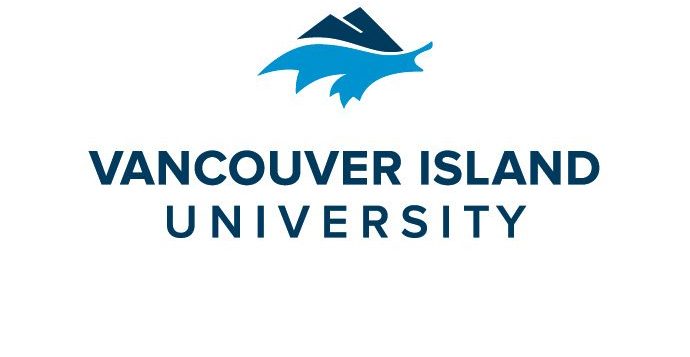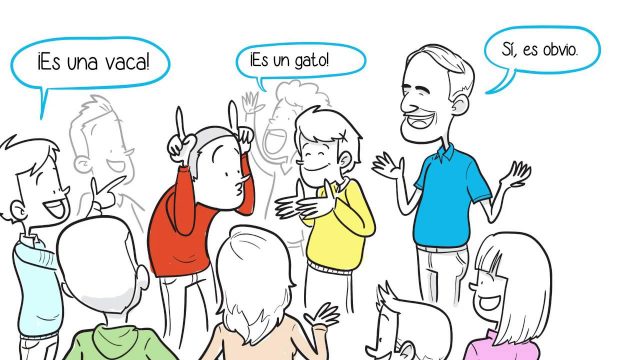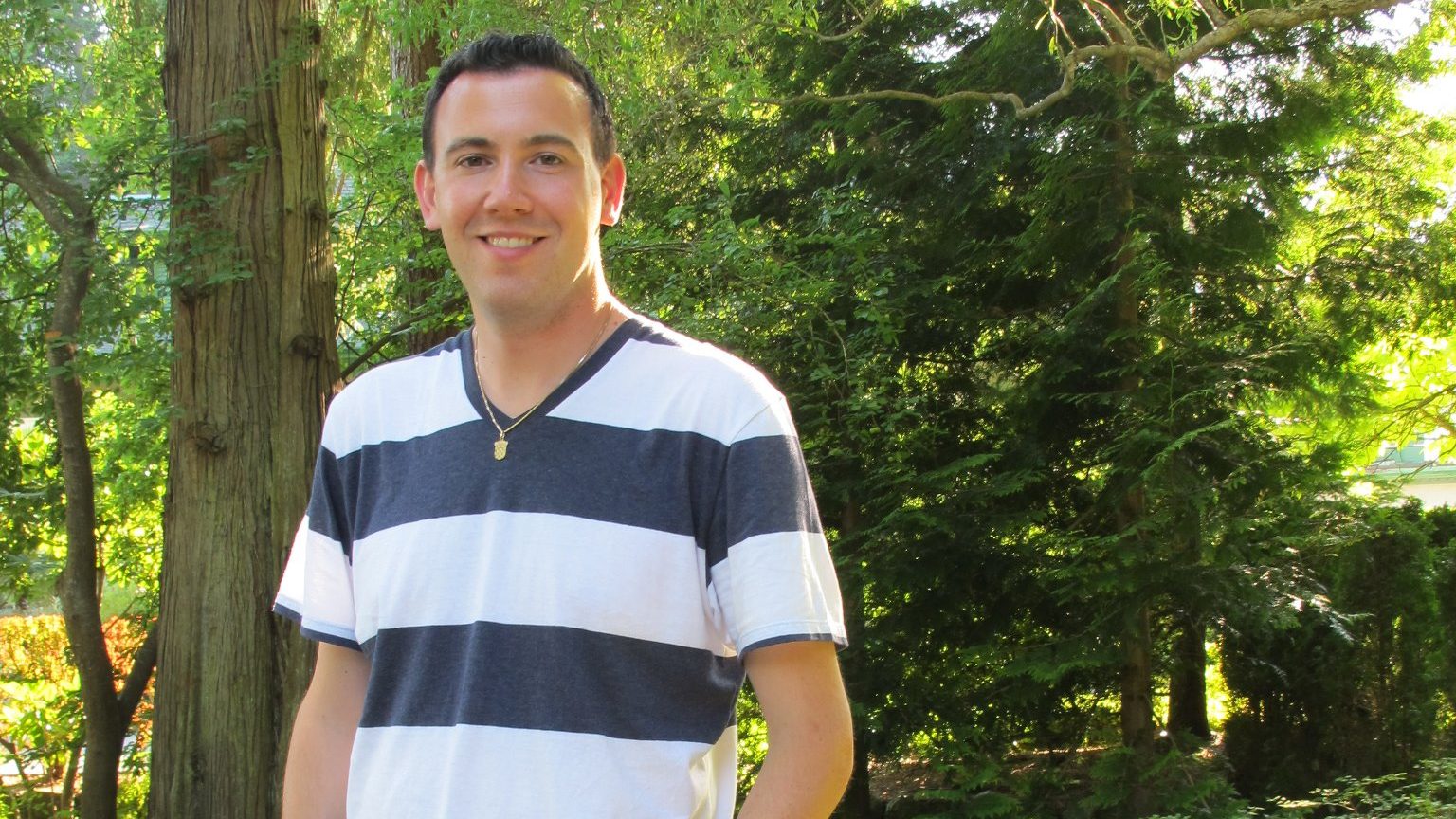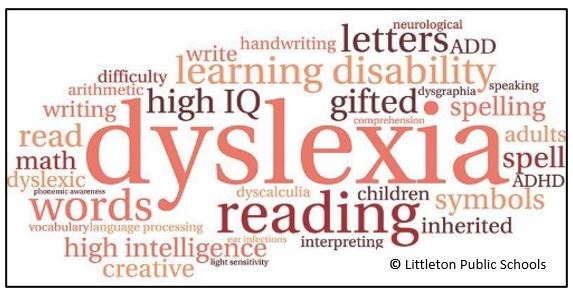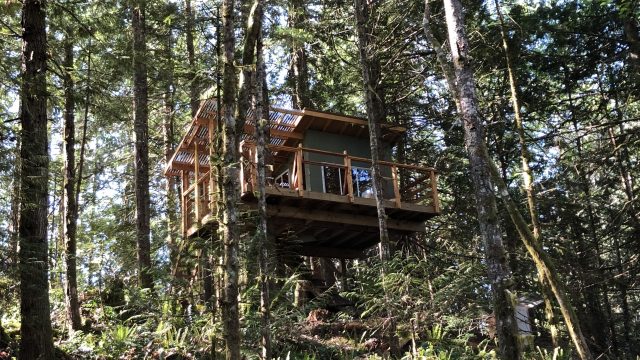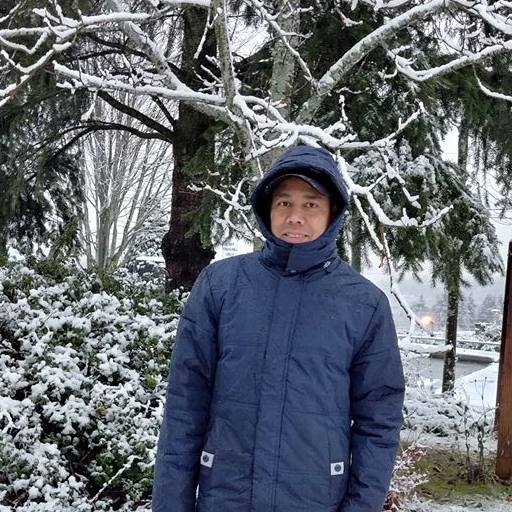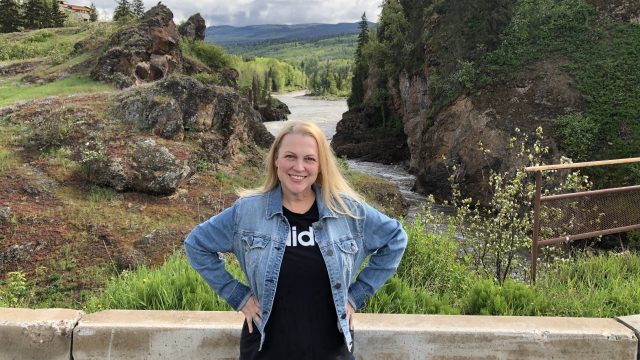Think back to your first day of high school. Can you remember how you felt? Were you nervous? Scared? Excited? Did you feel overwhelmed and out of your element? Did you feel like you fit in? Did you feel like you would be successful?
The transition from high school to elementary school is a challenging one. This can be even more challenging for students coming to school from small, remote elementary schools. Additionally, some students may face further changes when then arrive at a School District run high school from a band run First Nations elementary school. At least, this was my perception was well as that of my teaching colleagues. I chose to investigate the reality of people who have experienced such a transition with the intention of learning how high schools can set their incoming students up for success.
While I initially intended this to be a thesis study, I am in the midst of converting it to become a project. Life presented me with an opportunity to begin my career as a Vice Principal at a new school. While this has been a wonderful learning opportunity, and has brought to life many of the discussions from our educational leadership courses, it has been a challenge for my Masters thesis work. I have noticed the challenges that our grade 8 (the youngest grade at our high school) group present. Efforts that go beyond the traditional grade 7 high school visits are required to help smooth out the social, emotional and academic transitions that this transition requires. With new flexibility in our scheduling for next year thanks to COVID-19, I am in the process of helping to design a new schedule that provides greater wrap around support for our newest students. The aim is to help them be successful in their new environment. We want out students to be:
- Self-advocating
- Supported
- Belonging
- Loved
- Valued
- Understood
- Connected
- Growing (not just physically)
- Respected
- Comfortable
- Confident
To achieve this, our school will have a dedicated group of educators working with our grade 8 cohort. They will take part in psychoeducational activities for staff helping to understand what social/emotional needs teenagers have when they are in new and stressful environments. Teachers for the grade 8 cohort will set out clear and consistent expectations that exist across all classes. There will be opportunities for staff to get to know the incoming students on a personal level. Events will be organized around activities and interests based outside the traditional school system. Staff will have facilitated conversations with new students to achieve personal connection, and develop a plan of what each student needs to be successful.
